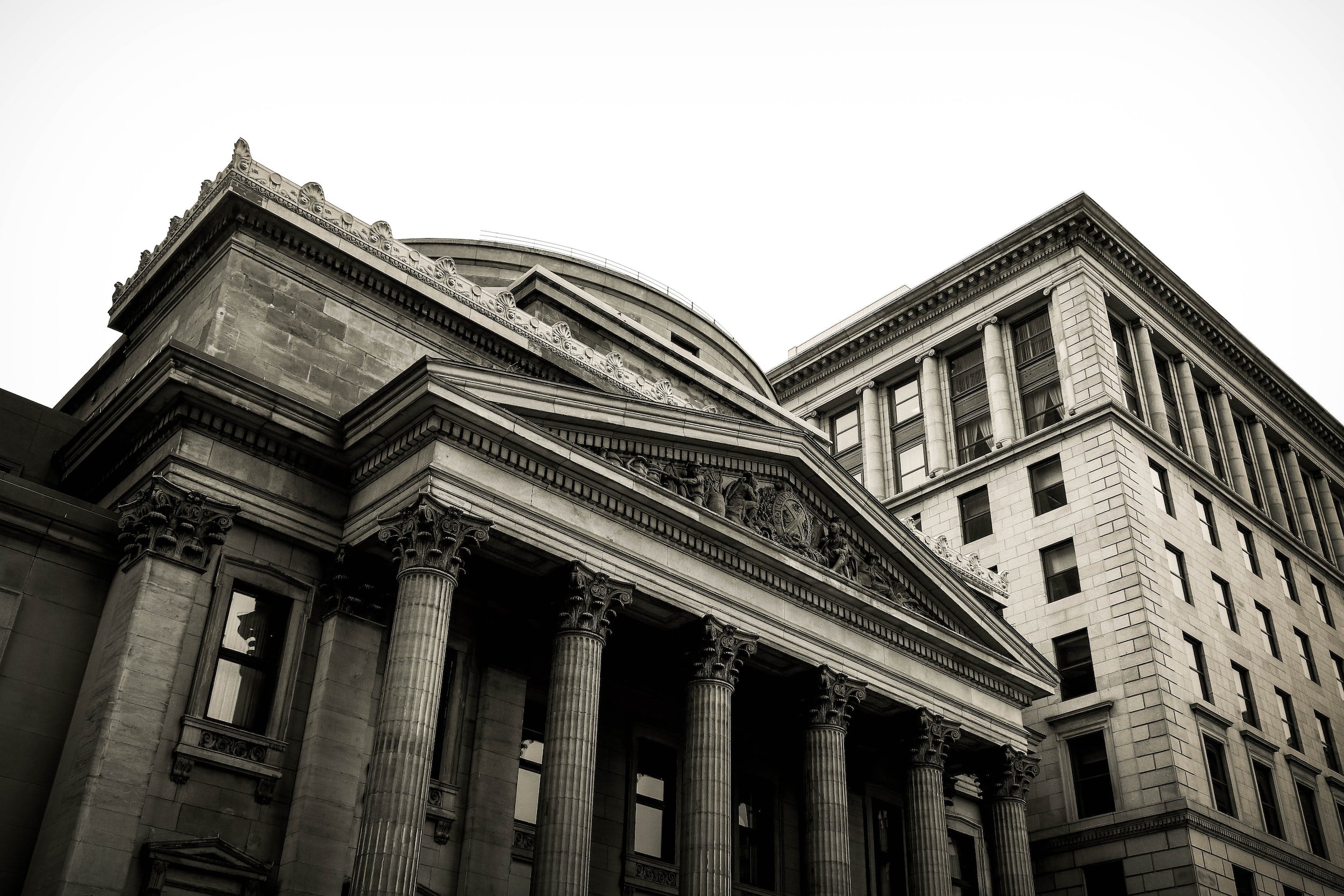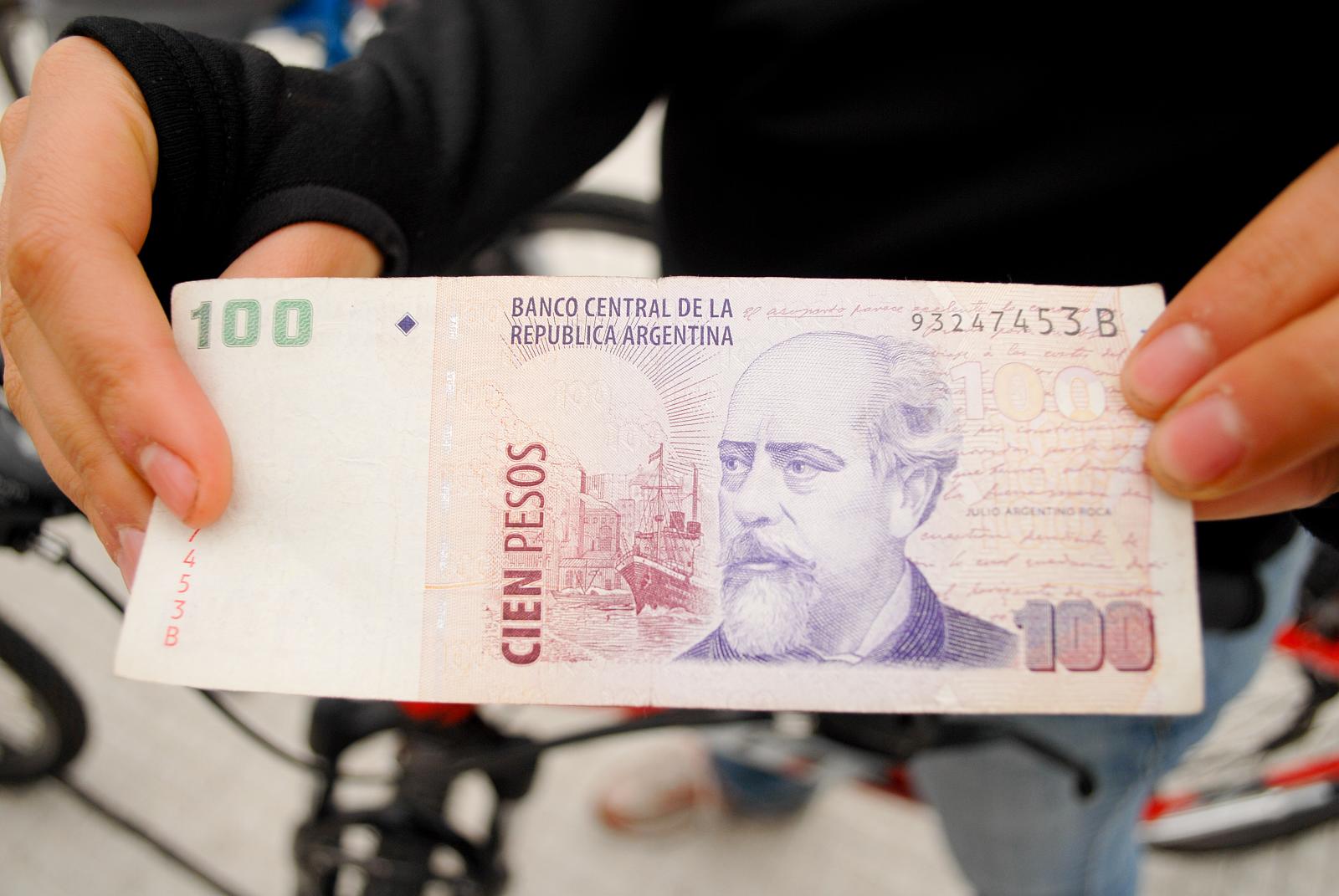A statement from the Bank of England in the midst of their currency plummeting in value reveals a substantial change in the current handling of Western economic conditions that could herald a long dark road from the entire North Atlantic.
“The Bank of England will carry out temporary purchases of long-dated UK government bonds from 28 September. The purpose of these purchases will be to restore orderly market conditions. The purchases will be carried out on whatever scale is necessary to effect this outcome”.
This statement, lightly reported on outside Britain, was a major market signal that could reverberate across all the world’s financial systems: quantitative easing is back on.
Before continuing, a brief recap.
COVID-19 brought about record high amounts of government money creation and spending. Then in order to tame the inflation this extra money created, which was bidding up the prices of fewer and fewer goods, central banks across the West, which tend to act in unison anyway, began to collectively inch up national interest rates—the rate of interest at which the central bank will charge national banks for loans.
Across the summer, inflation rates began to hit double-digit highs, like 10% in the Eurozone, and 9.7 in the U.S. but despite recoiling equity markets, the European Central Bank raised interest rates from 0% to 1.5, and the U.S. raised them from 0.75% to 3.25%.
The Bank of England delivered their largest rate-hike in 27 years, bringing the benchmark rate to 1.75%. These hikes in interest rates are supposed to slow economic activity, and also soak up some of the loose extra monetary units that have been injected into the economy over the last 20 years.
Western markets with high rates of growth-oriented stocks began the feel the pain, with the tech-heavy NASDAQ index reaching new 52 week lows this week. Yet despite this, central banks remain determined to fight inflation by slowly raising interest rates, with U.S. Federal Reserve Chairman Jerome Powell using the most combative of language, like how they will use “all the tools at their disposal,” and how the markets need to be ready to feel some pain.
But with the statement from the BoE, the line broke, and the first major Western economy has decided it can’t stand the pain.
PICTURED: Then-Foreign Secretary Liz Truss chairs a meeting.
Inflation feedback
With the announcement that the Bank of England will be buying up long term bonds, the BoE has returned to a policy of QE whereby a central bank purchases predetermined amounts of government bonds or other financial assets in order to inject money into the economy to expand economic activity.
Put in more alarming terms, the government will spend money it doesn’t have by borrowing money from its own department of money—the very same department that creates it.
On Wednesday new British Prime Minister Liz Truss has defended a plan introduced to cut taxes by some £72 billion without commensurate cuts in government spending. This sent the English pound sterling, which often enjoys a 33% head over the U.S. dollar, plummeting to a near-parity with the greenback.
Shouldering the negative reaction from financial markets, Truss said she is willing to make “difficult decisions” to get the economy growing.
Truss told BBC local radio that “we had to take urgent action to get our economy growing, get Britain moving and also deal with inflation”.
“Of course lots of measures we have announced won’t happen overnight. We won’t see growth come through overnight,” she said. “What is important is that we are putting this country on a better trajectory for the long term”.
Joe Sommerlad writing for the Independent, said that analysts believe the UK “faces a ‘feedback loop’ caused by a weak pound driving inflation and bond yields up and necessitating even further government borrowing, compounding the present crisis”.
That’s likely to be the outcome—the weak pound in this case facilitated by the propping up of its value through buying debt of the government that owns it via the very currency they need to prop up.
However this can only continue for so long, as the feedback loop comes when, as the money supply expands further and further, the number of units bid up the price of foreign currencies and commodities, at which case the pound falls again, necessitating further central bank intervention.
What this means for the world
The European Systemic Risk Board, the EU’s financial risk watchdog, warned on Thursday that a perfect storm may be brewing that could challenge financial stability.
A number of difficult-to-predict factors are now repaying politicians for their short-sighted COVID-19 shutdown and supply chain disruptions. The devastating summer drought will keep food prices high, while energy prices were already high before the Ukraine War made them higher, and food prices besides.
Now the equally short-sighted economic sanctions campaign against Russia has seen the European continent lose their largest provider of their largest source electricity generation going into the winter. energy prices are already up across the continent 41%, and as high as 139% in certain countries like Italy.
Many believe the continent is heading to, or already in, a recession, which could tame the price increases brought on by all this plus government inflation.
Is this the environment in which central bankers will look and say that the markets need to be ready to feel some pain, when governments across Europe and the U.S. have already showed they are ready to spend trillions of dollars created in complete disconnect with any corresponding economic activity to keep their citizens’ protected from difficult circumstances?
The markets have now seen that QE is not a thing of the past, Britain has already “thrown in the towel” in the fight against inflation, so there may be others who follow suit. In that case, markets who have already priced in a drop in inflation may have to pivot towards an environment where inflation continues into a recession—where prices keep rising as wages and growth stagnate. WaL



